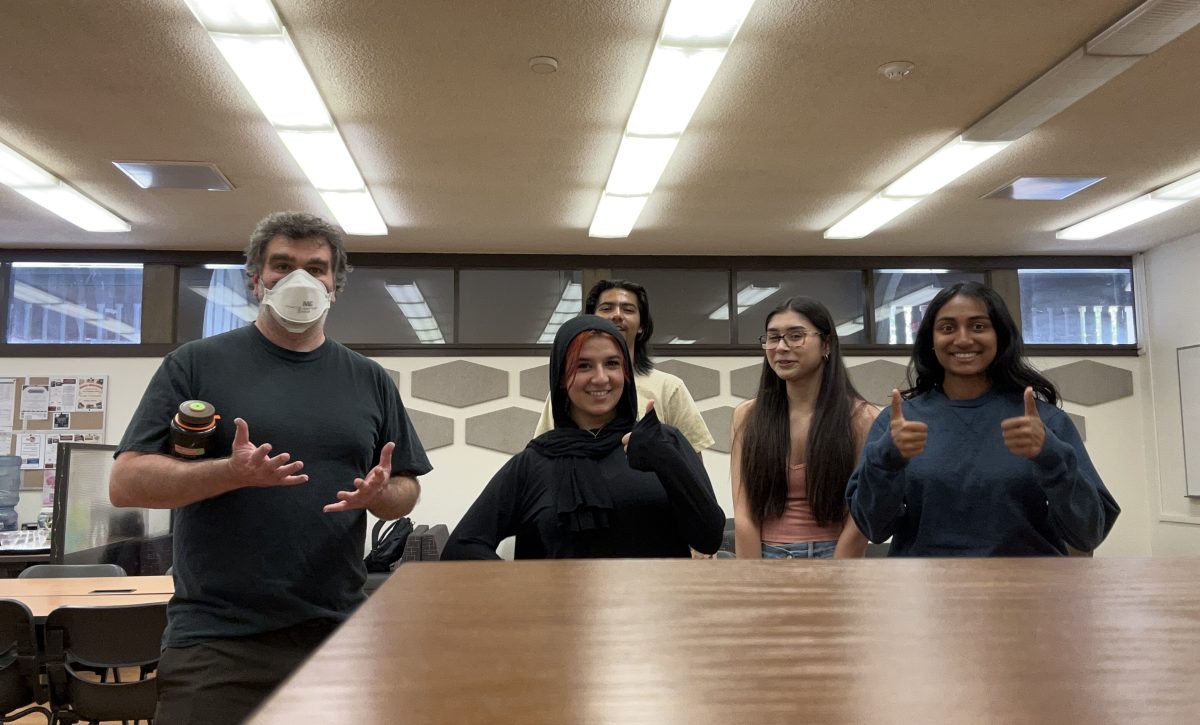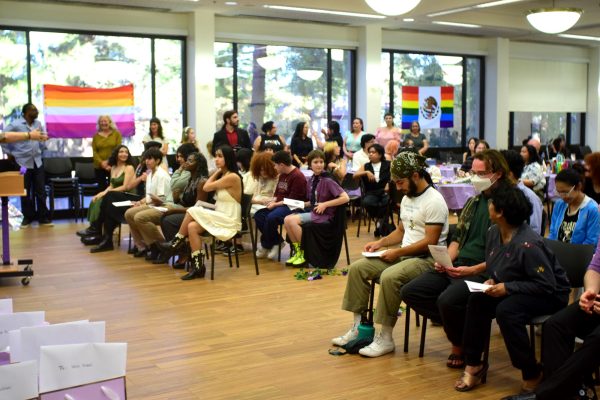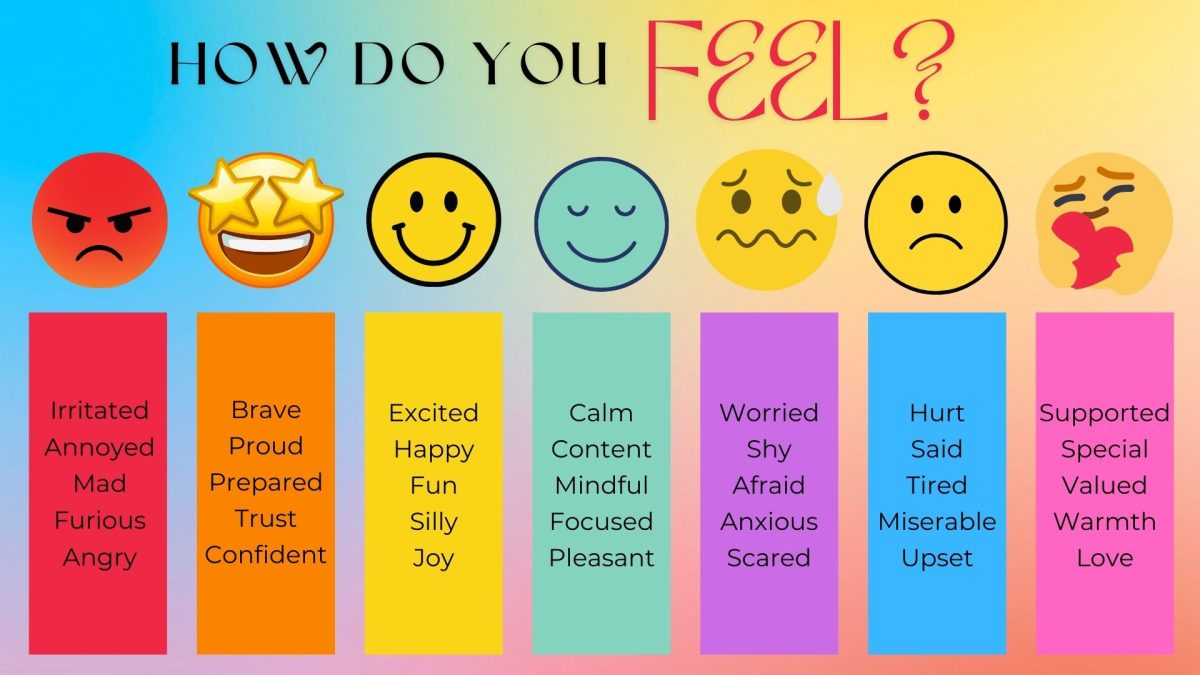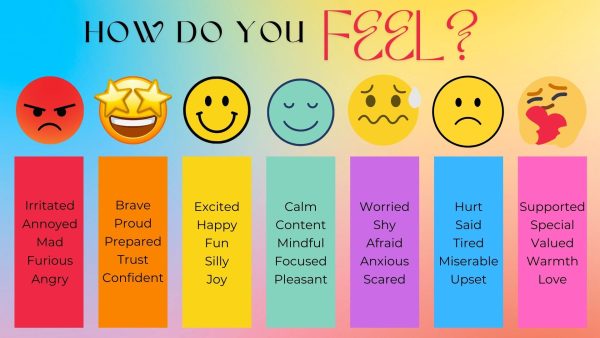The end of Transgender bias
May 11, 2015

When people decide to identify themselves as the gender they truly feel more comfortable in, regardless of anatomical constraints, it should not cause the surrounding community to feel uneasy.
So why do we feel discomfort when a fellow human being is finally feeling comfortable in their own body?
On April 24, Bruce Jenner, a former track and field Olympic athlete and the stepfather of the unexplainably famous Kardashians, came out as transgender in an interview with Diane Sawyer.
“For all intents and purposes, I am a woman,” said Jenner.
Jenner knew that coming out as transgender would attract not only publicity, but also harsh criticism from the public and even his loved ones.
Yet he chose to endure the publicity and bring attention to the fact that being transgender does not mean you are a freak.
Kristin Beck, a former U.S. Navy SEAL, came out as transgender a few years ago and is currently running for U.S. Congress.
If elected, Beck would be the first openly transgender congresswoman in history.
“I just wanted to tell someone my story and maybe set an example for some of the younger generation,” Beck said in a CNN interview.
When celebrities chose to open up and share their story, they break the stigma of transgenders. Many people get slightly or incredibly uncomfortable when they encounter a transgender individual.
You are probably as guilty as I am of nervously looking away from or eyeing someone with curiosity.
According to Dictionary.com, a transgender person is defined as someone whose gender identity does not correspond with that person’s biological sex.
According to the UCLA School of Law, there are approximately 700,000 transgender people in the U.S.
As a society, we must embrace Bruce Jenner and Kristin Beck.
We must embrace anyone who is willing to put themselves out there and make a change in order to feel comfortable in their own skin.



























